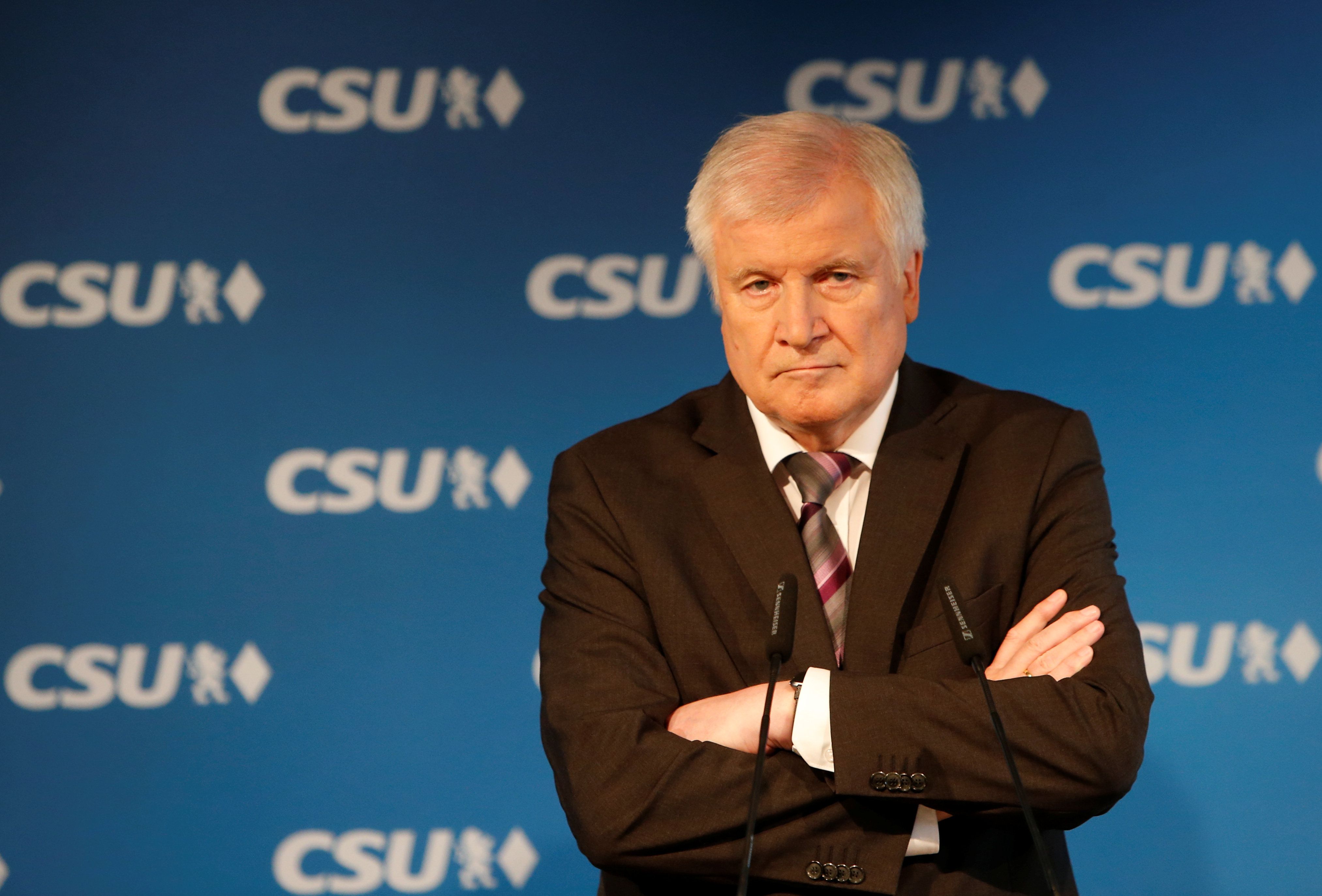October 16, 2018
Voters in the German state of Bavaria returned a stunning result over the weekend, dealing a body blow to the centrist parties currently in German Chancellor Angela Merkel’s national governing coalition. Because Bavaria is a bellwether for Germany as a whole, here are two lessons and a question to take away from the vote:
Another setback for center parties in Europe. The center-right Christian Social Union (CSU), a crucial national alliance partner for Ms. Merkel, rang up their worst election result (37 percent) since 1950. While they will remain in power in Bavaria by allying with a small conservative party, the CSU just barely escaped having to call on leftist parties to support it in a state that it has ruled single-handedly for decades. Meanwhile, the center-left Social Democratic Party (SPD) fared no better, seeing its vote share fall by half since the last election in 2013. In both cases, voters fled traditional centrist parties. But where did they go?
The far-right wasn’t the only big winner: The far-right Alternative for Germany (AfD) picked up 10 percent of the vote in its first Bavarian state race. With seats now in 15 of Germany’s 16 states – in addition to leading the opposition in the national legislature – this weekend’s performance confirms that the party’s anti-immigrant message appeals to voters well beyond its initial base of support in Germany’s economically lagging East. But arguably the biggest winner on Sunday was the Greens, which saw its support more than double. The Greens’ message of sustainability, open borders, and multiculturalismappeals to younger voters who make up a large share of the party’s supporters.
How does it look for Ms. Merkel? The results in Bavaria may offer Chancellor Merkel a temporary reprieve with more conservative elements within her governing alliance who have called for a further lurch to the right – after all, the CSU tried to appeal to right wing voters and got punished for it. But the broader erosion of the political center, which is where Merkel’s consensus-based governing style thrives, is a longer-term challenge for her and for Germany more broadly. The next big test will be an election in the state of Hessen later this month, where another poor result for parties within Merkel's coalition could lead to renewed calls for her to make way for a fresh face to reboot the center-right.
More For You
- YouTube
At the 2026 World Economic Forum in Davos, GZERO’s Tony Maciulis spoke with Ariel Ekblaw, Founder of the Aurelia Institute, about how scaling up infrastructure in space could unlock transformative breakthroughs on Earth.
Most Popular
Haitian soldiers keep a watch outside the venue where businessman Laurent Saint-Cyr is set to be designated as president of Haiti's Transitional Presidential Council (CPT), in Port-au-Prince, Haiti, August 7, 2025.
REUTERS/Fildor Pq Egeder/File Photo
On Friday, US officials warned the transitional council in charge of Haiti not to remove interim Prime Minister Alix Didier Fils-Aimé, ahead of a deadline for the council to step down on Feb. 7.
Moldovan President Maia Sandu speaks during a Council of Europe diplomatic conference to launch the International Claims Commission for Ukraine, aimed at handling compensation claims related to Russia's war in Ukraine, in The Hague, Netherlands, December 16, 2025.
REUTERS/Piroschka van de Wouw
The president of the tiny eastern European country has suggested possibly merging with a neighbor.
Hard numbers: US pitches “New Gaza,” Japan paves way for snap elections, “Sinners” smashes records, & More
Jan 23, 2026
Middle East negotiator and son-in-law of President Trump, Jared Kushner talks with Israeli diplomats following a joint press conference in the State Dining Room of the White House in Washington, DC, USA, 29 September 2025.
$25 billion: The minimum amount of investment required to fulfil Jared Kushner’s ambitious property plan for Gaza.
© 2025 GZERO Media. All Rights Reserved | A Eurasia Group media company.
